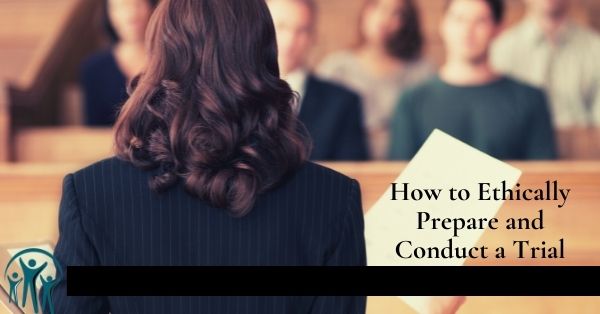
About Course
In this course, you will learn how to ethically prepare a trial, conduct a trial, and win.
This material covers both criminal and civil trials. But it is more than that. Long before justice finds its way to the courtroom, it happens in our community. It happens to the people who are closest to us and it happens to us. More than trial, this course is designed to help you ethically prepare for arbitration, for mediation, and for negotiation. It is this last skill, negotiation (or perhaps more appropriately called conversation) that we hope is improved the most through this course. Negotiation never ends, even through the trial itself, even after the winning verdict.
One Cannot Achieve a Noble End Through Ignoble Means
Why ethical? The ethical lens of this course is based on the maxim that one cannot achieve a noble end through ignoble means. Winning isn’t enough. We want our opponents, judges, and juries to objectively and rightly conclude that in the process of winning we were fundamentally fair.
What you can expect in this course is a collection of award-winning mock trial students, coaches, and some of the best trial lawyers in the world. Rather than filter those lawyers through my experience, I have done my best to simply share them in whatever form I could find from writings to videos.
###
Course Content
Module: What to Expect
-
Module Overview and Learning Activities
-
Lesson: How to Navigate This Course
-
Video Lesson: Learning-by-Doing Method
01:59 -
Video: How to Navigate Reading PDFs in the Learning Management System
01:08 -
Lesson: Introduction to Brandon Blankenship
-
Video Lesson: Gerry Spence’s Winning Courtroom Strategies
28:30 -
Video Lesson: A Mulitmedia Introduction to Gerry Spence
04:17 -
Video Lesson: Fighting for the People | Gerry Spence | Ted Talk
16:37 -
Video Lesson: Introduction to Joshua Karton
01:19
